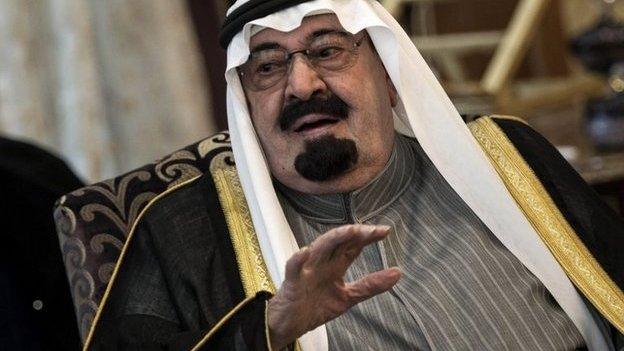Obama visits Saudi Arabia's new King Salman
- Published
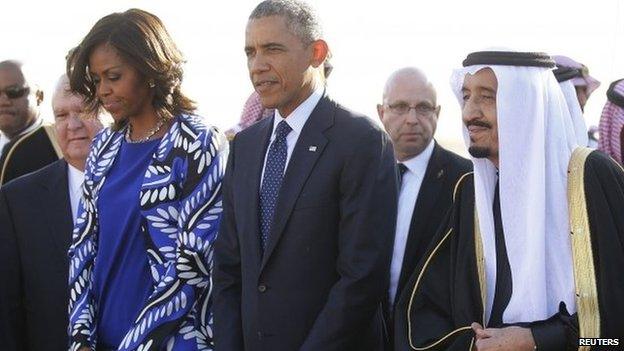
Michelle and Barack Obama were greeted at Riyadh's airport by King Salman
US President Barack Obama has led a large, bipartisan US delegation to Saudi Arabia following the death of King Abdullah.
Mr Obama cut short a trip to India to make time for the brief visit, during which he met new ruler King Salman.
He was accompanied by prominent Republican officials, including former Secretaries of State James Baker and Condoleezza Rice.
Saudi Arabia is a key US ally in a region riven by war and rivalries.
President Obama and First Lady Michelle Obama were met at the airport in Riyadh by King Salman and then driven to Erga Palace, the king's private residence, for dinner.
Mr Obama and King Salman held an hour-long meeting in which they discussed a range of issues including the campaign against Islamic State (IS), US officials said.
Saudi Arabia is among the US-led coalition of Western and Arab nations conducting air strikes against IS in Syria and Iraq.
But relations between Washington and Riyadh have been strained by differences over US policy on the Syrian conflict and its nuclear diplomacy with Shia power Iran - a regional rival of Sunni-ruled Saudi Arabia.

Analysis: Frank Gardner, BBC security correspondent
The two countries have been strategic partners for 70 years but recently there have been strains below the surface of their relationship. The Saudis were dismayed when the US called off their proposed missile strikes against the regime of Syria's Bashar al-Assad in response to his alleged role in a chemical weapons attack in 2013.
The Saudis, like most of the Gulf Arab states, want Mr Assad gone. While they support the US-led coalition against IS, they believe the group can never be defeated while the Syrian president remains in power. But the Saudi way is to avoid any confrontational talk when hosting a leader of Mr Obama's stature.
Instead, they are likely to leave any tough talking to officials in private.

The two leaders also discussed the security situation in Yemen as well as stability in the global oil market.
Mr Obama stressed the importance of human rights, US officials added, but did not raise the case of Saudi blogger Raif Badawi.
Mr Badawi was sentenced to 1,000 lashes and 10 years in prison last May for "insulting Islam through electronic channels" and "going beyond the realm of obedience".
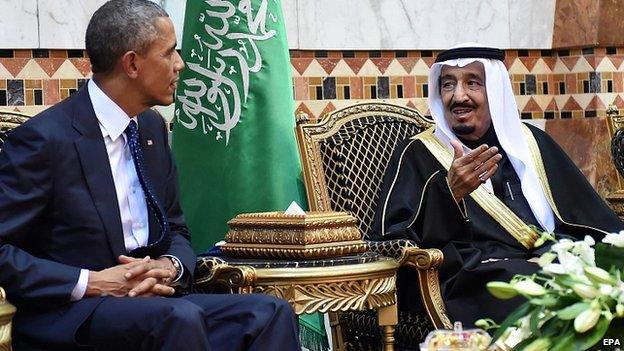
President Obama and King Salman discussed a range of issues including the fight against IS
The sentence provoked an international outcry.
Before his arrival Mr Obama had said one of the main reasons for the visit was to pay respects to the late King Abdullah "who in his own fashion presented some modest reform efforts within the kingdom''.
Mr Obama had been due to visit the Taj Mahal in India on Tuesday, but had to cancel to allow for the four-hour visit to Riyadh.
Also among the 30-strong US delegation were CIA director John Brennan, John McCain, the Republican chairman of the powerful Senate Armed Services Committee, and Republican former National Security Adviser Brent Scowcroft.
- Published23 January 2015
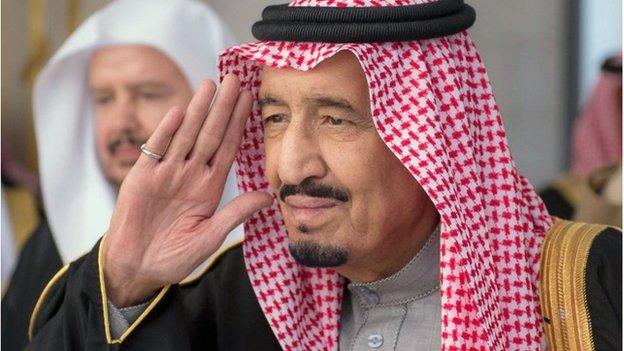
- Published28 October 2015
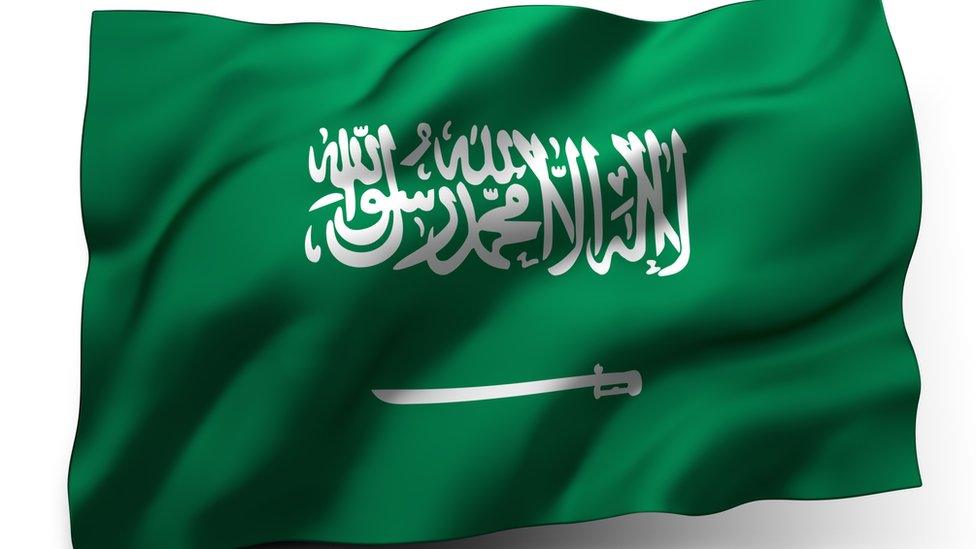
- Published10 March 2020
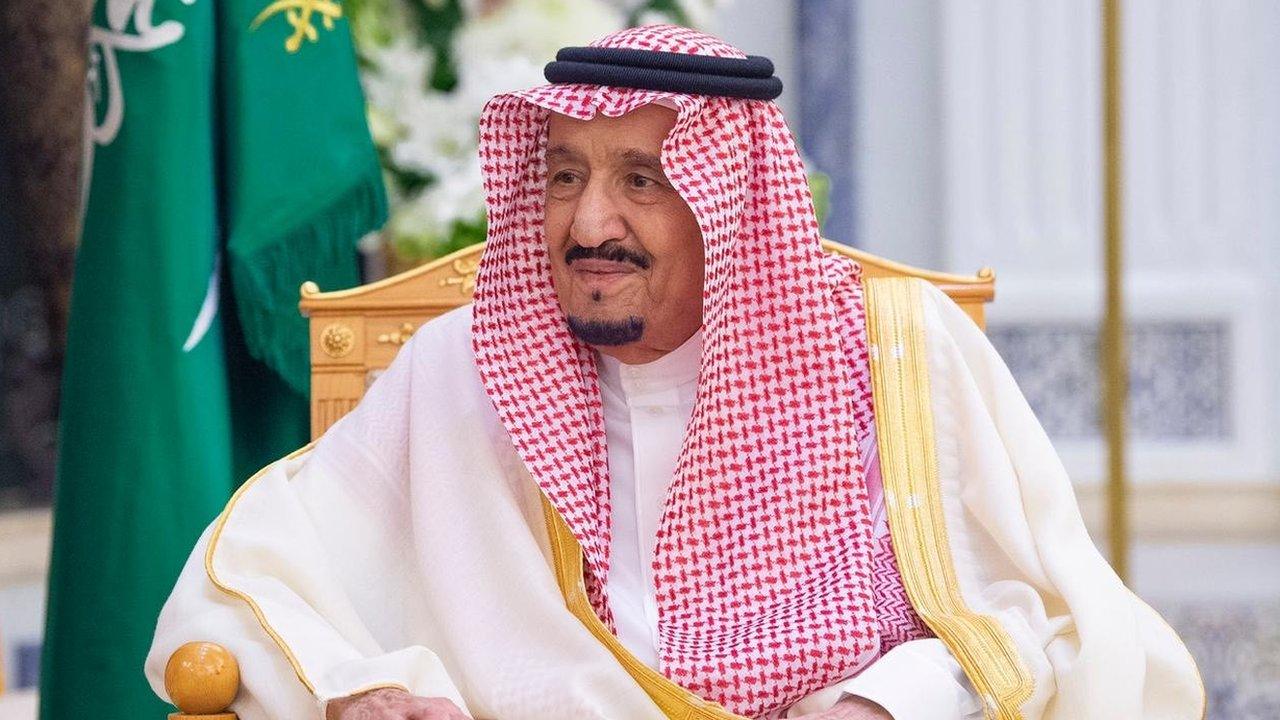
- Published23 January 2015
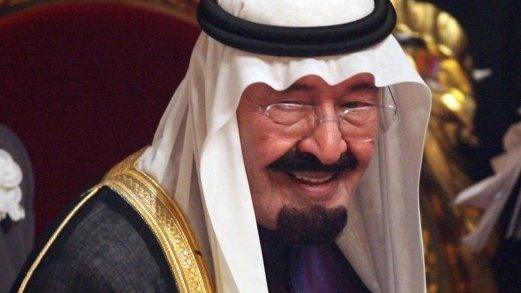
- Published23 January 2015
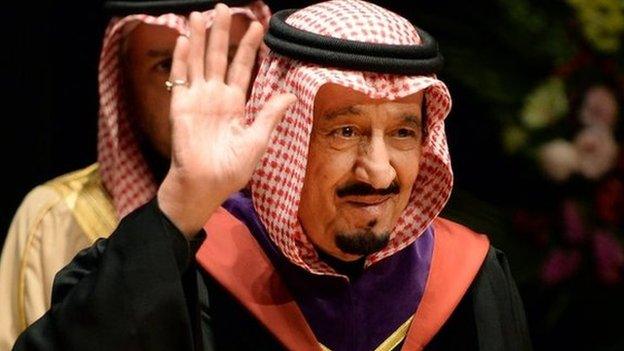
- Published23 January 2015
